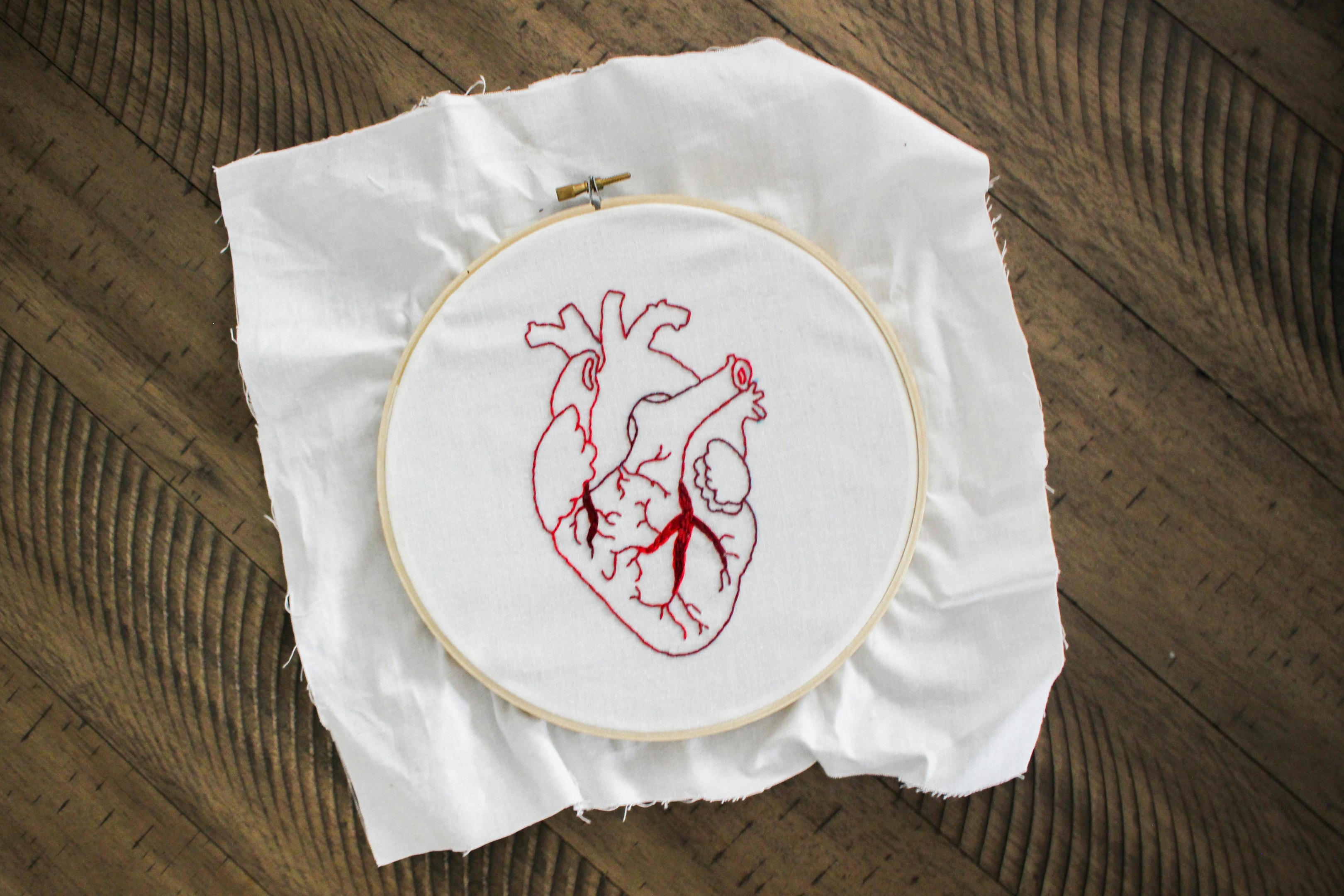A heart transplant is a life-saving procedure where a failing heart is replaced with a healthy donor heart. In the United States, over 4,000 individuals are currently awaiting a heart transplant, highlighting the critical need for this procedure.
Understanding the financial aspects of a heart transplant is essential for patients and their families. The average cost of a heart transplant in the U.S. is approximately $1.66 million, encompassing pre- and post-transplant medical care, hospital charges, organ procurement, physician fees, and medications.
This blog will explore the costs associated with heart transplants, the factors influencing these expenses, and available financial assistance options to help manage the financial burden.

What Is the Average Heart Transplant Cost?
A heart transplant is a complex procedure that involves much more than just the cost of the surgery. Multiple factors influence the total expense, and understanding these can help you better prepare for the financial aspects of the procedure. According to a 2024 report by healthcare consulting company Milliman, the average total billed cost per heart transplant patient was approximately $1,664,800.
Here’s a breakdown of the critical cost categories involved in a heart transplant:
1. Pre-Transplant Care:
Before the transplant can take place, patients typically undergo a thorough evaluation process. This can include diagnostic tests, consultations with heart specialists, and other necessary healthcare services. Costs for this pre-transplant care can vary based on the patient's condition and where they receive treatment, but estimates suggest this process can cost around $49,800.
2. Organ Procurement:
The cost of securing a donor's heart, which involves locating the donor, transporting the organ, and the associated medical procedures, can add significant costs. The estimated cost of organ procurement is about $131,500.
3. Surgical Procedure and Hospital Stay:
The surgery itself and the necessary hospital stay post-procedure are one of the largest portions of the overall cost. Since heart transplant patients require extended hospitalization for monitoring and recovery, this part of the cost can exceed $1 million. This covers inpatient care, nursing, and intensive medical supervision during recovery.
4. Physician and Surgeon Fees:
The medical professionals who perform the surgery also have their own fees, which typically exceed $111,000. This includes the surgeon’s fees, anesthesia, and other associated costs for the medical team.
5. Post-Transplant Care:
After the transplant, patients require consistent and specialized follow-up care. This includes regular check-ups, ongoing treatment, and possibly the need for dedicated caregivers. For the first six months following surgery, these post-transplant care costs can add up to $270,000.
6. Lifelong Medications:
To prevent organ rejection, heart transplant recipients must take immunosuppressant medications and other drugs for the rest of their lives. Over the course of a patient’s life, these medication costs can accumulate to around $39,500 annually, although the exact amount will vary depending on the specific medications prescribed.
7. Hidden Costs:
There are also hidden costs associated with heart transplants that can add up over time. These can include travel expenses to visit transplant centers, follow-up doctor visits, lifestyle changes, and home modifications to accommodate recovery. Although these costs can be difficult to estimate, they are crucial to keep in mind when planning for a heart transplant.
8. Insurance Coverage:
While your insurance company may cover a significant portion of the transplant costs, the extent of coverage can vary depending on your policy. It’s essential to understand the specifics of your insurance plan, including deductibles, copayments, and coinsurance fees, which can significantly affect your out-of-pocket expenses.
These various costs can pose a challenge for patients and their families. However, there are ways to address the financial burden, including medical insurance, fundraising, and patient assistance programs.

Financial Assistance for Heart Transplant Costs
The costs associated with a heart transplant can be overwhelming, but there are several financial assistance options available to help manage these expenses. From insurance coverage to fundraising campaigns, understanding your options is crucial for navigating the financial challenges that come with such a major medical procedure.
Insurance Options for Heart Transplant Costs
Insurance can significantly reduce the financial burden of a heart transplant, though coverage will vary based on the type of insurance and individual policies.
-
Private Insurance: If you have private insurance, it may cover a large portion of the transplant costs, including the procedure itself, hospital stay, and medications. However, it’s important to check your policy for coverage details, including any exclusions, deductibles, and co-pays. Many private insurance plans may cover post-transplant care and immunosuppressive medications as well.
-
Medicaid: Medicaid is a government program for low-income individuals, and it may cover heart transplant expenses for eligible patients. Coverage varies by state, so it’s important to check with your local Medicaid office for specific guidelines regarding heart transplant coverage and out-of-pocket costs.
-
Medicare: Medicare, which is available to people 65 and older or those with certain disabilities, also covers heart transplants. Medicare typically covers the heart transplant surgery, hospital stays, medications, and post-transplant care. However, certain parts of Medicare might not cover all associated costs, such as travel expenses or some follow-up care, so it's essential to understand the full scope of your coverage.
Crowdfunding and Fundraising for Heart Transplant Costs
In addition to insurance, fundraising platforms offer an excellent way to raise money for heart transplant costs. Crowdfunding has become a popular tool to cover medical expenses that are not fully covered by insurance.
-
Using *spotfund for Fundraising: *spotfund is an online platform designed to make fundraising for medical procedures like heart transplants simple and effective. Setting up a campaign on *spotfund allows patients and families to reach out to their networks and raise money for expenses such as surgery, medications, and post-transplant care. With *spotfund's easy-to-use platform, you can share your story, receive donations, and manage your fundraising campaign with minimal hassle.
-
The Power of Social Media and Peer-to-Peer Campaigns: Social media is an essential tool for spreading the word about fundraising campaigns. By sharing your *spotfund campaign on Facebook, Instagram, or Twitter, you can reach a wide audience of friends, family, and even strangers who may be willing to help. Peer-to-peer campaigns, where supporters create their own fundraising pages linked to the main campaign, can significantly boost your reach and fundraising efforts.
-
Learn More About Medical Fundraising Ideas: If you want to explore more ways to fundraise for medical expenses, check out our blog for additional ideas and tips on fundraising for medical procedures. Click here to learn more!
Start your fundraising campaign today on *spotfund and make a difference in covering your heart transplant costs. Create your campaign now!
Other Financial Resources for Heart Transplant Patients
Beyond insurance and crowdfunding, there are additional resources available for heart transplant patients in need of financial assistance.
-
Charity and Non-Profit Organizations: Several organizations provide financial assistance for transplant patients. These organizations often offer grants or financial aid to help cover costs that are not included in insurance coverage, such as transportation, lodging, or medications. A few well-known organizations include the American Heart Association and the National Foundation for Transplants.
-
Patient Assistance Programs: Some pharmaceutical companies offer patient assistance programs to help cover the cost of medications, including immunosuppressants required after a heart transplant. These programs can significantly reduce the out-of-pocket costs for patients.
By combining these financial resources and leveraging insurance, crowdfunding, and assistance programs, patients can better manage the high costs associated with a heart transplant and focus on their recovery.

Conclusion
Understanding the cost of heart transplantation is a crucial part of the heart transplant process. From the pre-surgery evaluations to post-transplant care, the expenses can add up quickly, and navigating insurance, medical bills, and other costs can be overwhelming. However, with the right financial planning, support systems, and assistance options available, patients and families can manage these costs effectively.
Whether it’s through insurance coverage, patient assistance programs, or crowdfunding, there are various ways to offset the substantial cost of heart transplantation. Utilizing platforms like *spotfund can help you raise the necessary funds to cover your surgery, medications, and recovery care.

